LEWISTON — Despite the recent fairer weather, it’s been a summer of discontent in general for homeowners, businesses and gardeners affected by an unusually wet summer across much of the state — especially in south and central Maine. For some, the effects are still playing out, while others are optimistic about squeezing some “normal” out of the rest of the summer.
“2023 has brought a number of extremes,” confirmed Maine’s state climatologist Sean Birkel, including record high temperatures globally in July as well as a record warm North Atlantic Ocean. It’s all tied together and becomes complicated when you ask for an explanation.
“This has turned out to be a wet summer overall in relation to this large-scale circulation. And what is interesting about this year is that the circulation of the jet stream, and the overall winds across the northern hemisphere have been weaker than usual.”
The end result Birkel says, is that over the past few months storms have been steered into the Northeast and in the New England region in particular.
Those storms have brought very heavy rains, which in some cases have flooded basements in homes and businesses in and around the Twin Cities that have never flooded before.
The situation was so bad at Sullivan Tire on Lisbon Street that a sinkhole opened up behind the building, which the city then condemned on Aug. 9, forcing the company to close temporarily until the underlying causes can be fixed. The store’s employees are still working, but at other Sullivan Tire locations in Maine.
Sullivan Tire’s director of real estate, Roy Donlon, said an 18-inch drainpipe is the culprit. “There are a number of drainage pipes in that area and one of them seems to have failed, and you know there’s been a lot of rain,” he said. The problem, he said, is nobody seems to know who owns the drainpipe and the city records are incomplete. The landlord and the city are involved, as are an engineer and insurance companies.
The city won’t comment for now as it tries to resolve the dispute about who owns the drains with the owner of the property. Donlon said they are just looking forward to having the issue resolved. “Once the sinkhole is fixed, the building is an easy fix … our hope is to be open as soon as possible.”
Other businesses along Lisbon Street downtown have had water infiltration this summer and in Auburn along Court Street and Main Street, though calls to them for more information have not been returned.

A contractor digs out the sidewall of a basement in Auburn recently to apply a waterproofing coating after summer rains caused water in the basement. Submitted photo
MAINE’S WEATHER PATTERNS ARE CHANGING
Birkel, who is also an assistant professor at the University of Maine Climate Change Institute and Cooperative Extension, says that while variations from year-to-year are normal, the data paints a picture of more extreme weather in our future.
“We’re seeing more extremes as the climate warms,” he said. “So, in terms of heavy rainfall that produces localized flooding and damage, those are the types of extremes that we are seeing more of, and that we expect to become more common in a warmer world. “That’s also the conclusion of more than 50 state scientists in a 2020 publication “Scientific Assessment of Climate Change and its Effects in Maine.”
Key takeaways include:
Maine’s statewide annual temperature has increased by 3.2 °F since 1895.
The warming climate has been associated with a trend toward longer summers and shorter winters.
Maine’s average statewide annual precipitation (rainfall and snowfall) has increased by 6 inches since 1895.
Maine has experienced an increase in the average number of heavy precipitation events per year, particularly since the mid-2000s.

Despite the heavy rains this summer, some gardens are producing peppers, cucumber, squash and tomatoes, though many are delayed. Submitted photos
GARDENS, FARMS SUFFER FROM TOO MUCH RAIN
Gardens and farmers’ fields have also been inundated by the intense rains this summer, coupled with a dearth of sunshine in general. Rebecca Long works with farmers, homesteaders and anyone who seeks out her help as a sustainable agriculture and horticulture professional with the University of Maine Cooperative Extension.
She says she’s heard from a lot of frustrated people. “I really feel for them because we have such a short growing season in Maine, and you spend all winter planning and looking at your seed catalogs.” She says a lot of gardeners planted their gardens, lost them due to the rains and replanted. Others just gave up.
Long says a combination of issues made for a less than stellar season for a lot of people. “So, wet soil, a lot of things just rotted in the ground because of root rot. Because you know, roots need oxygen, so it’s constantly saturated,” she said. “The constant rain washes nutrients out of the soil, so we’re seeing a lot of fertility issues. And then also a disease issue.” Weeds, however, did great this year, she noted.
Perennials and fruit trees are doing pretty well this year, despite the loss of most of the state’s peach crop due to the frigid weather snap in February. Long says the rain in some parts of Maine displaced the drought conditions last year, so the fruit trees should be just fine.
Groundwater levels are also very high, which means some areas saw that water come to the surface, leaving some gardens underwater.
Long offered a number of tips to prepare your garden for next year, whether it’s a wet or dry year. Raised beds are a good choice if your garden was underwater at any point this summer. Spacing plants out will help them be more productive and minimize disease.
“Space your plants far apart,” she said, “because you want lots of air flow and you can do some pruning too.” She said cramming too much into a small space is counterproductive. Plant tomatoes up to five feet apart, even if it means you only have three or four plants, they’ll actually be more productive and healthier.
As for battling the weeds, Long says the best preventative measure is mulch, but not wood chips. She suggests using grass clippings from a chemical-free lawn and leaves. “It keeps in moisture, it regulates soil temperatures,” she added. “Even in a rainy year, it can actually be good because it can protect the rain from splashing and (soil) compaction from really heavy rain events.”
Soil texture is also important and if you have more of a clay soil that’s not draining well, consider adding some organic material or adding a small amount of compost. “It should look like pepper on mashed potatoes,” she said, quoting a former co-worker and soil expert.
If you’ve never had your soil tested, you should consider it. Long says the University of Maine soil lab does a standard test for $20 or a comprehensive soil test for $25. You can pick up a box and form at your local Cooperative Extension office and mail it in. Or the lab will mail a kit to you if you request one at https://umaine.edu/soiltestinglab/home/kit-request/maine-soil-request/
The most common problem they see this time of year is nitrogen deficiency, which can be addressed even at this point in the season.
For people with insects or diseased plants, they can snap a photo and submit it to the insect identification lab or the plant diagnostic lab at the following links:
Plant Disease Diagnostic Lab: https://extension.umaine.edu/ipm/plant-disease/plant-disease-diagnostic-testing/
Insect Diagnostic Lab: https://extension.umaine.edu/ipm/insect-lab/
Best first stop for questions is your county Cooperative Extension office: https://extension.umaine.edu/county-offices/
Long cautioned gardeners not to make any radical changes to their gardens based on this year’s weather. And her final piece of advice is to be patient. While tomatoes and other vegetables may be behind, she’s confident that patience will pay off, especially as last week’s weather proved summer isn’t over yet. “I think some people will be surprised to see that some stuff is still going to pull through.”
Send questions/comments to the editors.


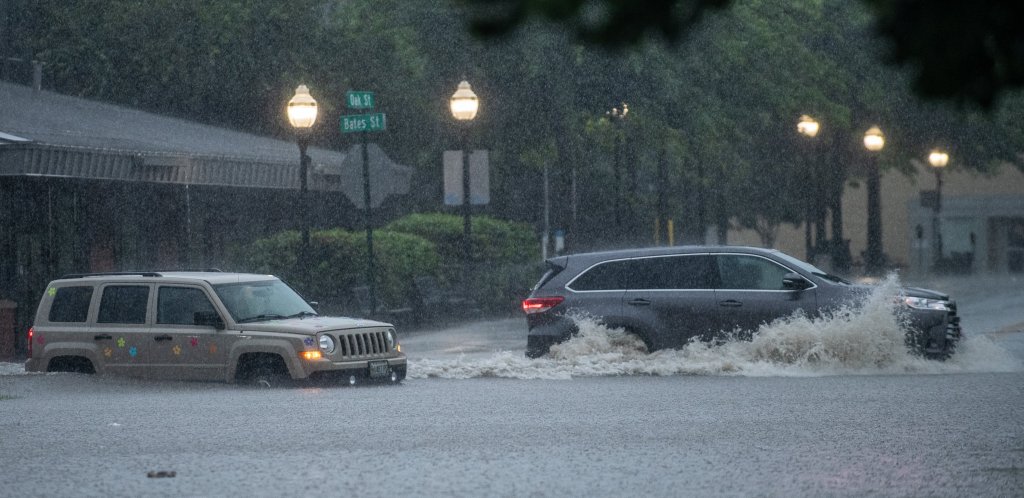
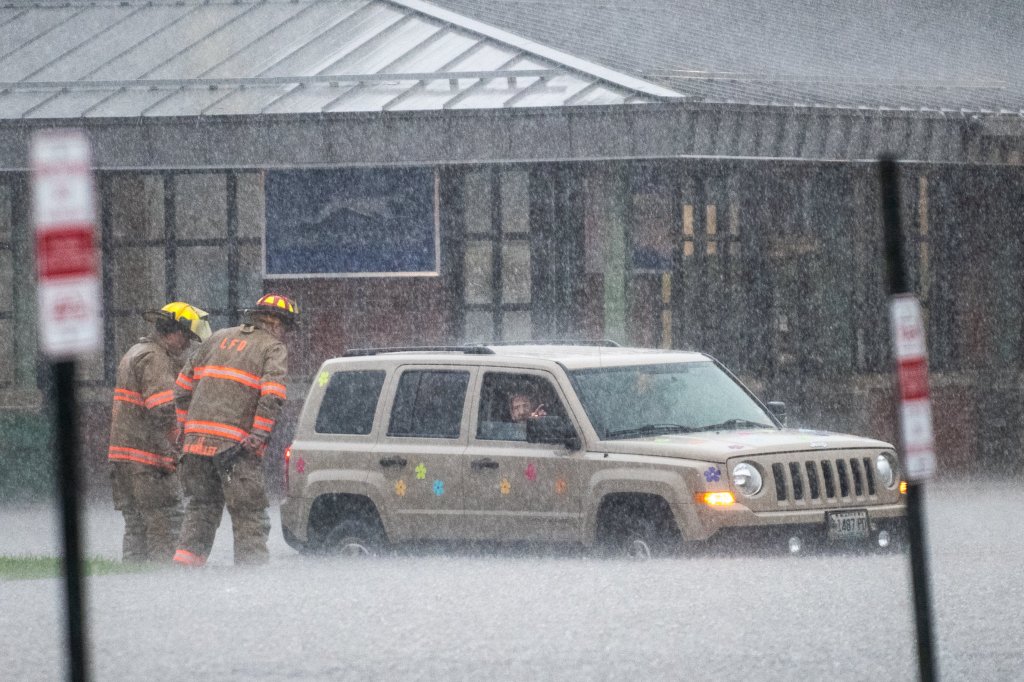
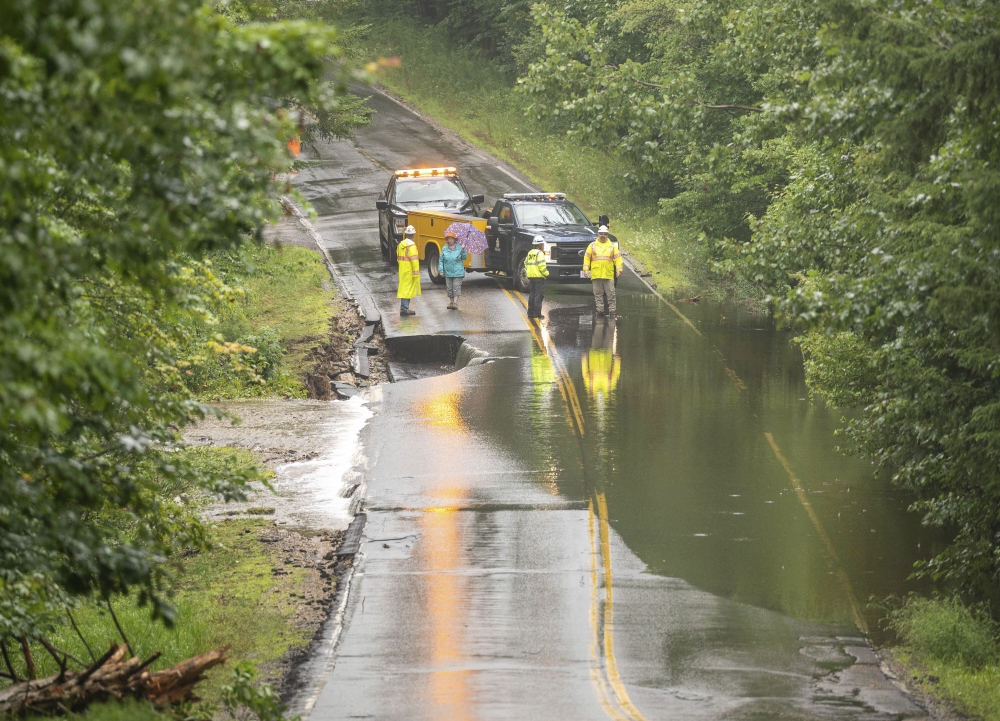
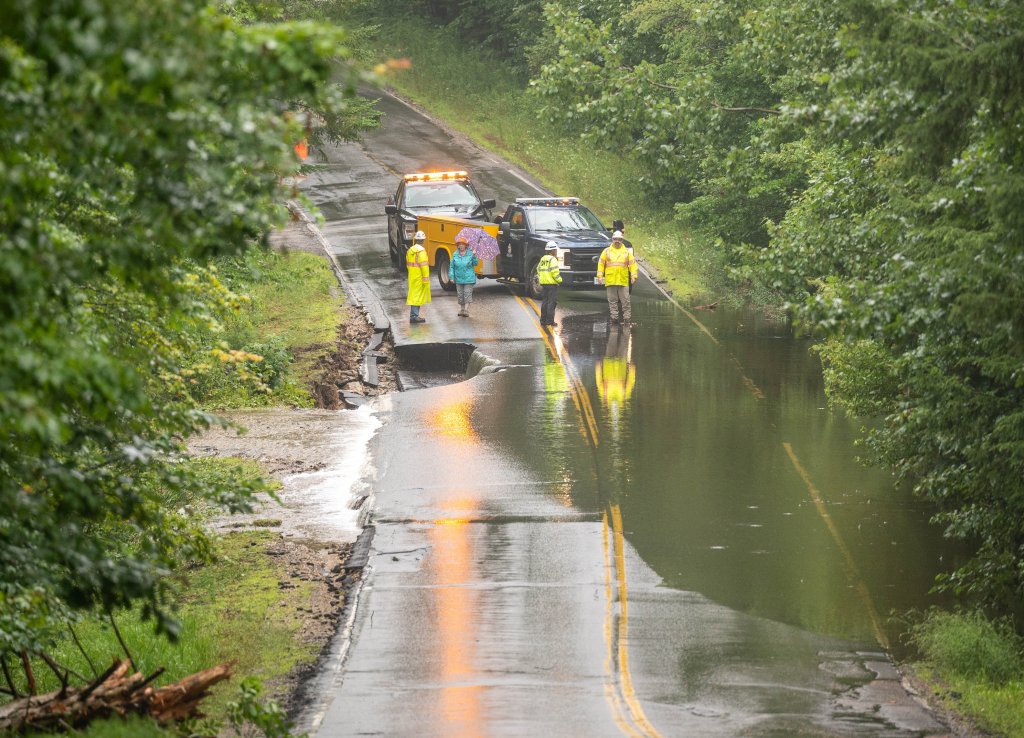
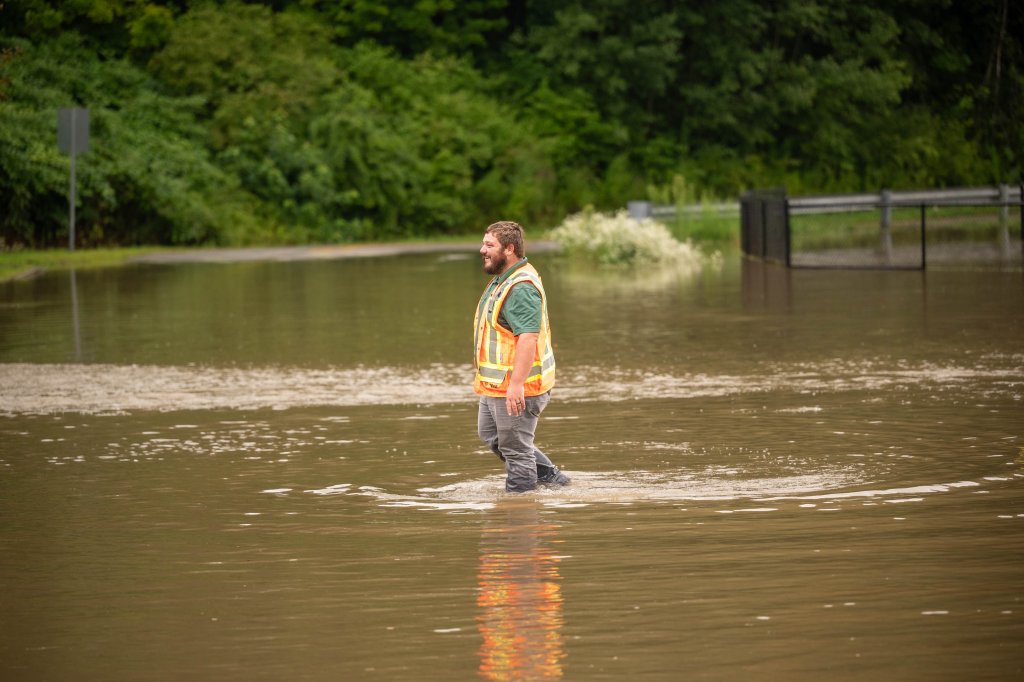
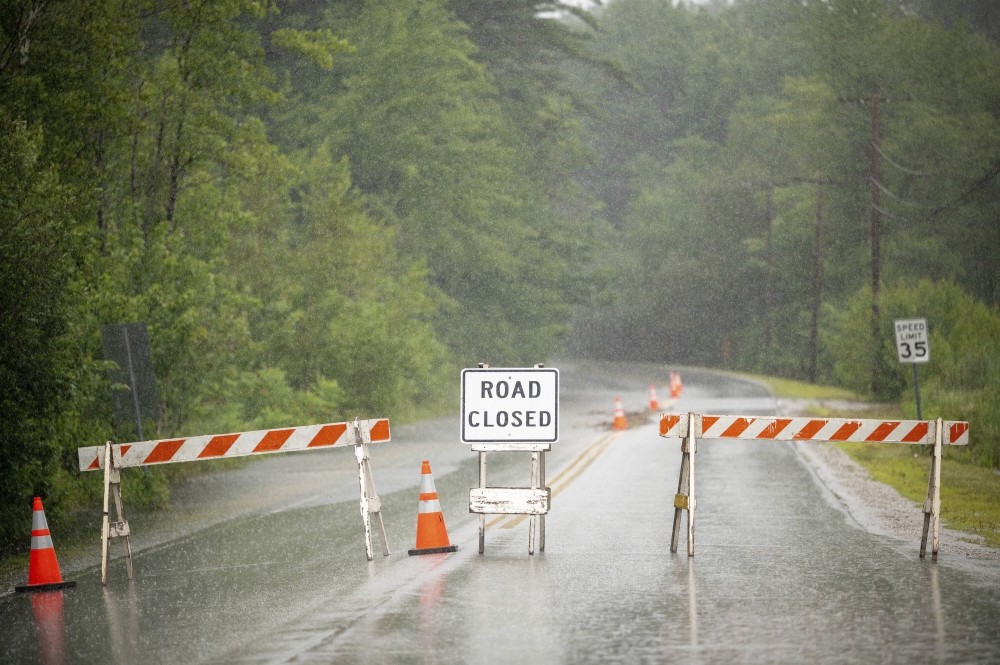
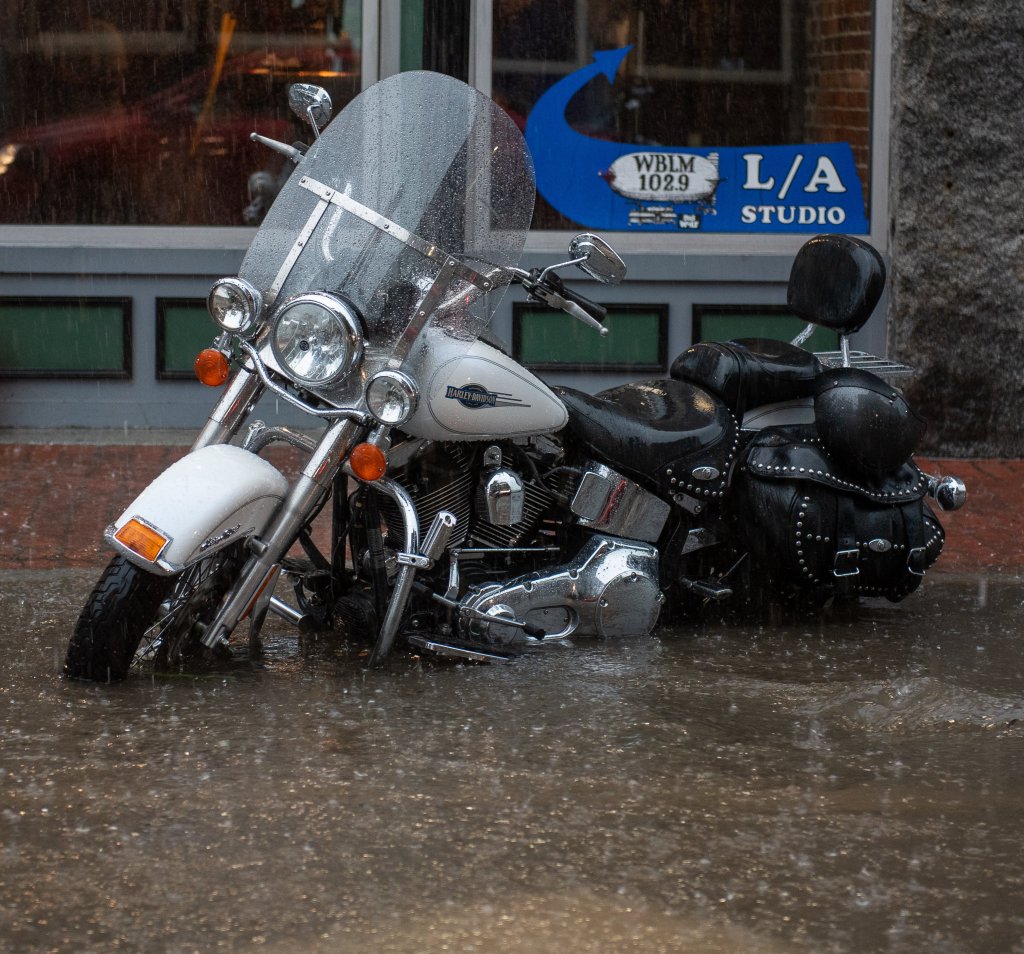


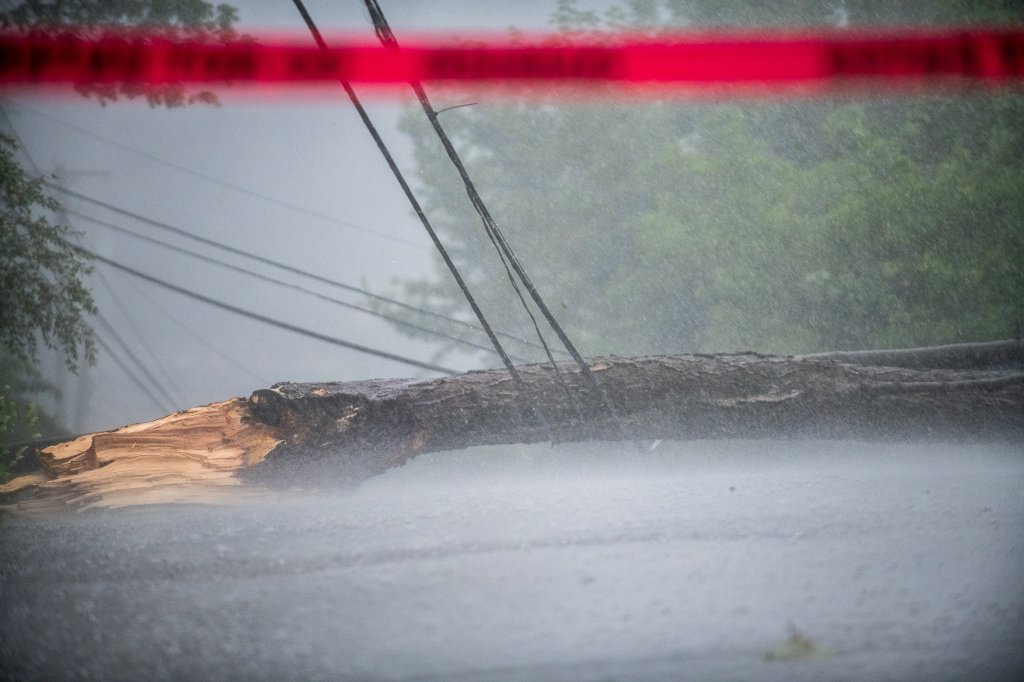

Success. Please wait for the page to reload. If the page does not reload within 5 seconds, please refresh the page.
Enter your email and password to access comments.
Hi, to comment on stories you must . This profile is in addition to your subscription and website login.
Already have a commenting profile? .
Invalid username/password.
Please check your email to confirm and complete your registration.
Only subscribers are eligible to post comments. Please subscribe or login first for digital access. Here’s why.
Use the form below to reset your password. When you've submitted your account email, we will send an email with a reset code.